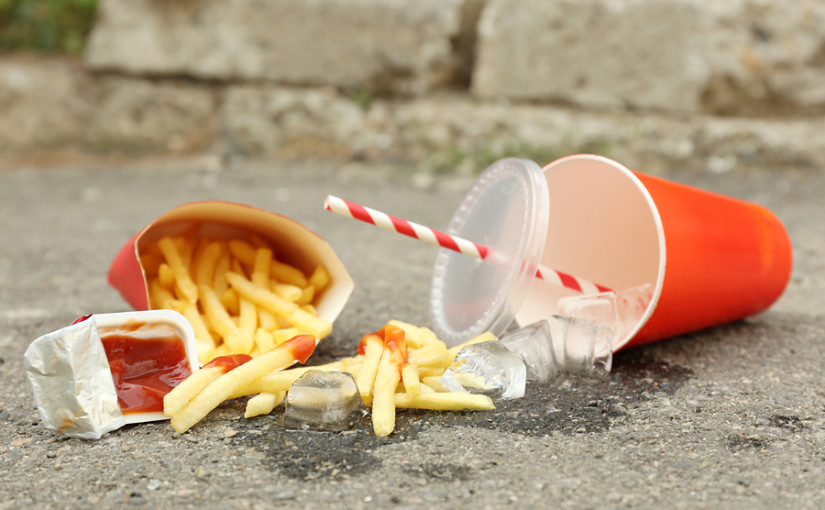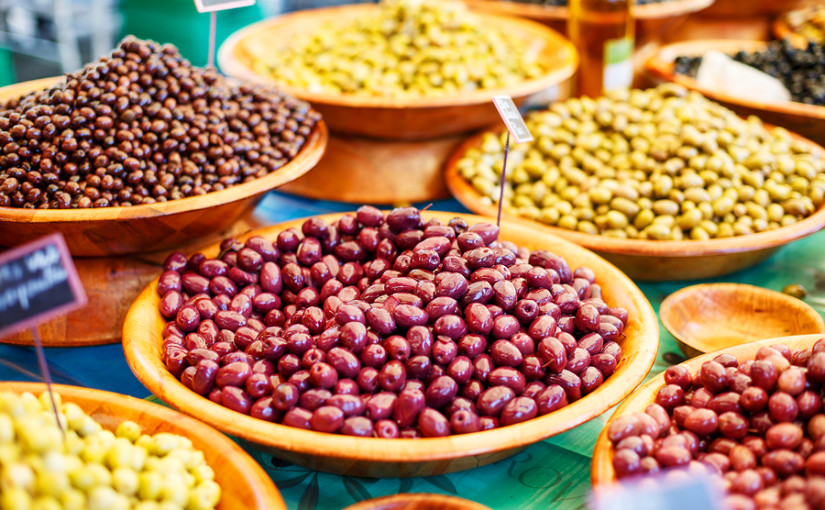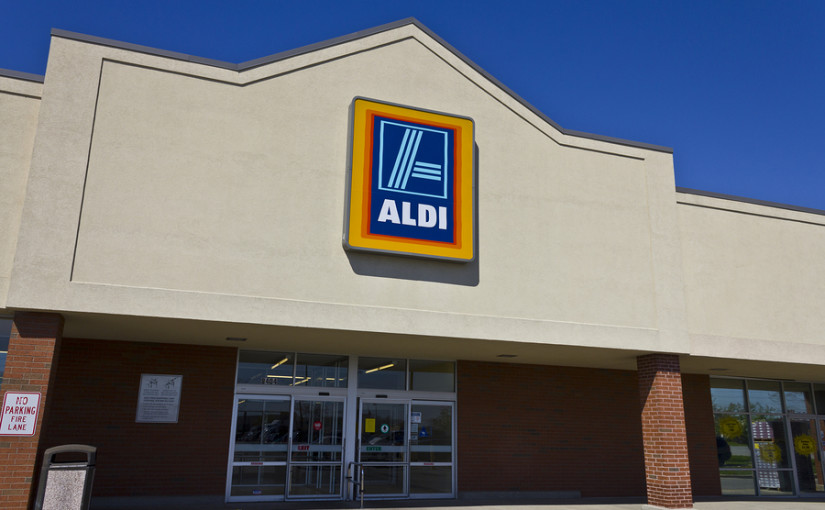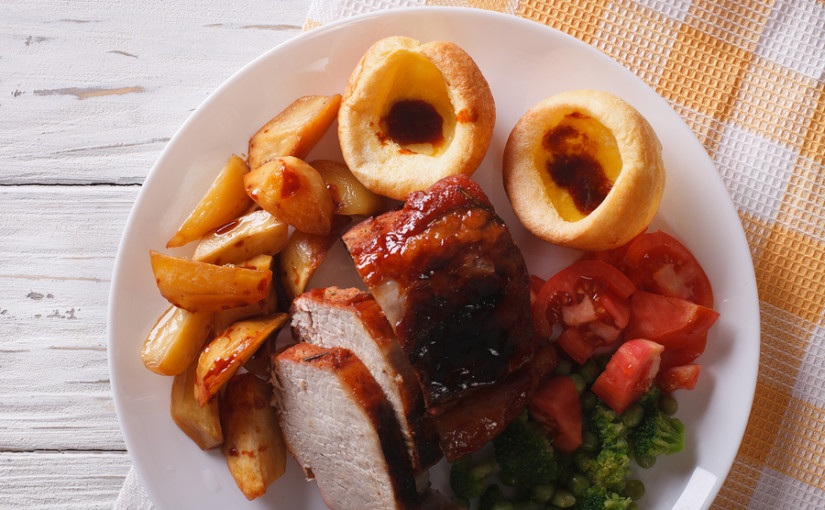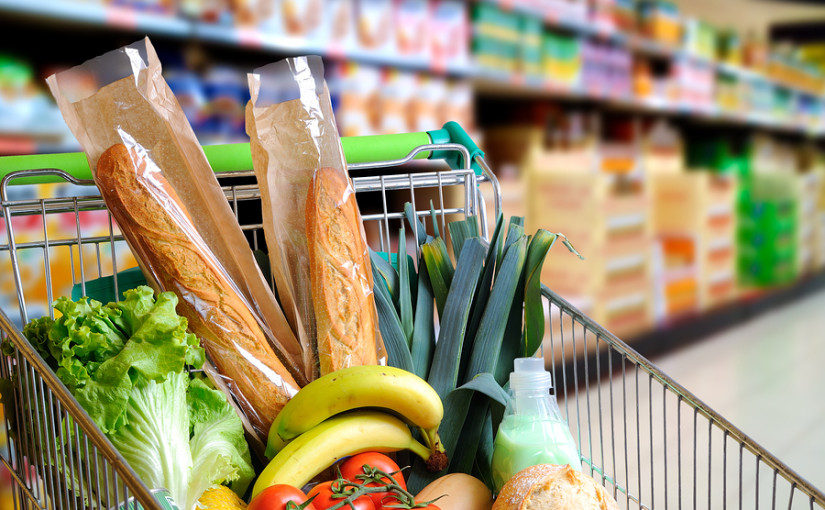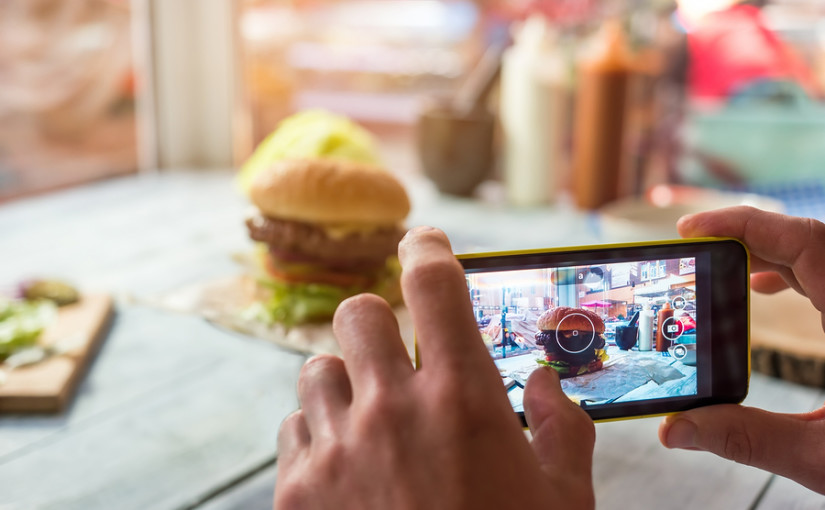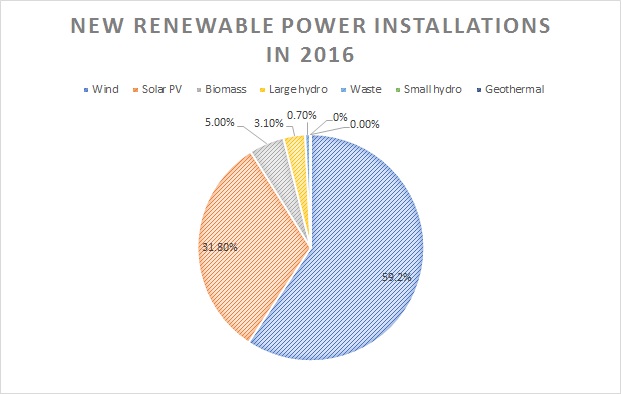Humans produce 300 million tonnes of plastic per year – 5 million tonnes of which ends up in our oceans. This is a huge, worldwide issue that isn’t going to go away, and so it’s time we all made a change. The use of plastic is mainly habitual, and so by breaking our usual daily habits and making new ones, we can make a real difference, one step at a time. Below are 10 plastic items you could easily cut out of your life, with the minimal fuss. Why not start by eliminating these items and see where you end up?
Continue reading 10 plastic items you can easily cut out of your life

